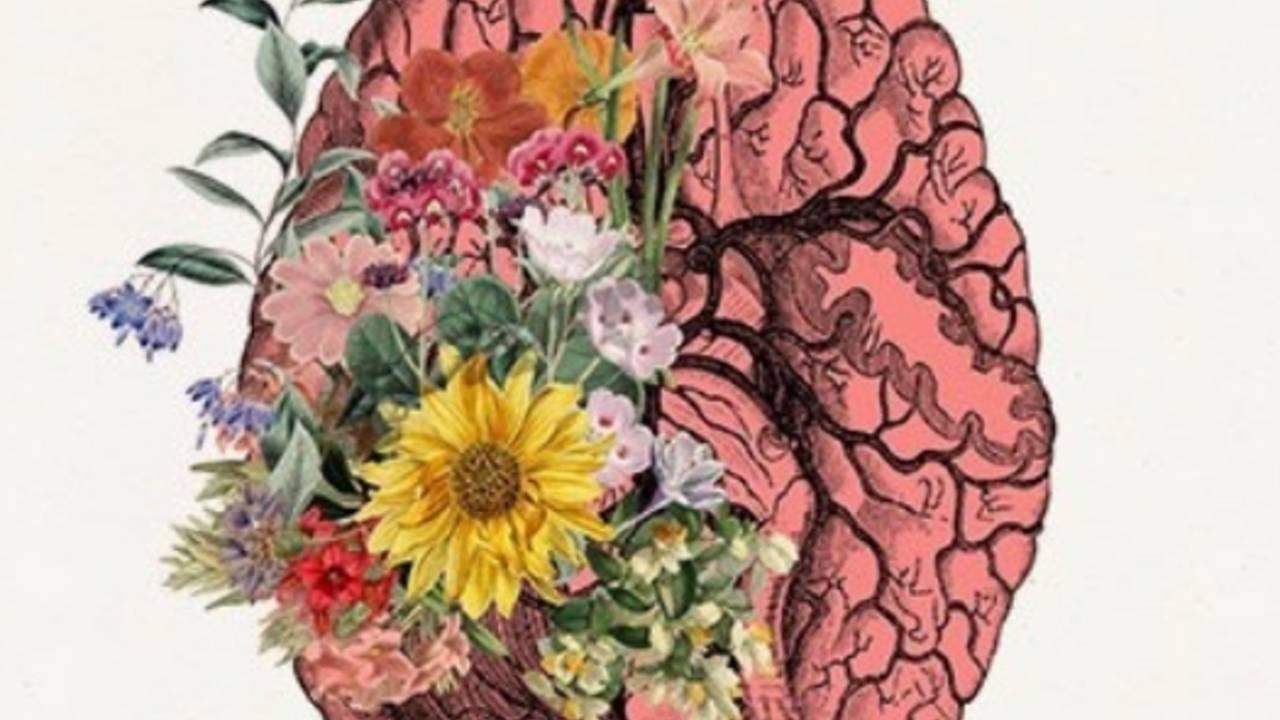Pelvic Health in Relation To Mental Health

When applying for continuing education units, for mental health professionals within the United States, through the NASW (National Association of Social Workers), I had a brief phone conversation/interview with one of the women who was reviewing my application. She had a couple of questions for me as a follow-up to the written work I had submitted…
Her first question to me was: Can you please explain to me the connection between Pelvic Health and Mental Health? (which is covered in Module 1 of INNATE Postpartum Care- Certification Training).

And I shared with her bluntly and briefly the following:
A WOMAN’S PELVIC HEALTH IS RELATED TO HER REPRODUCTIVE, SEXUAL, URINARY, AND BOWEL HEALTH – FOR LIFE.
If a woman is peeing in her pants or pooping in her pants (postpartum or at ANY time in life), this WILL affect her well-being; her emotional health; her mental health. If a woman is having to map out HOW she will pick up her children from school or HOW she will get groceries or any of her life doings – by knowing WHERE she will be able to find a bathroom along the way, this will make a woman feel depressed.
If a woman’s pelvic organs are prolapsing (falling downward and potentially out of her vagina), this WILL create feelings of depression and anxiety. Feeling your internal organs pressing downward is a very unnerving, unsettling, agitating, anxious feeling for women.
If a woman is experiencing pain with love-making, if a woman has experienced sexual abuse or obstetric abuse or any kind of abuse that directly affects the genitals – this will manifest within the mental and emotional bodies. It does not mean, however, that the only way to tend to the above mentioned is through the mental and emotional bodies.
And then, I was asked: Next, can you please explain to me the connection between Uterine Health and Mental Health? (which is covered in Module 2 of INNATE Postpartum Care – Certification Training.)
And again I shared bluntly and briefly:
Many women come into therapy because of the resulting mental and emotional experience from wanting to be able to conceive a baby but not being able to (infertility). I feel it is really important for mental health professionals to know simple, physiologic facts about infertility. For example, The Arvigo Institute, through collecting information and statistics via case studies by practitioners from around the world for over the past decade, has found that 50% of infertility is a result of malposition of the uterus.
What does this mean? It means that it REALLY MATTERS which way women’s uteruses are sitting within the pelvis. Many women have uteruses that are tilted forward or backward or to the sides (because of movement habits, because of falls, because of high-heeled shoes, because of lack of postpartum care, because of abuse, because of many, many reasons). AND more importantly, that it is with simple, uterine massage that many benefits can be received. One of them being the ability to conceive and sustain a pregnancy.

WE CAN NOT SEPARATE ‘MENTAL HEALTH’ FROM ‘EMOTIONAL HEALTH’ FROM ‘PHYSICAL HEALTH’ FROM ‘SPIRITUAL HEALTH’. IT IS ALL ENTIRELY INTERRELATED AND CONNECTED.
Women’s pelvises are the center OF transformation. When we are working to bring about change and transformation in our lives and in our work, we must understand foundational pieces about the female pelvis. In general, how a woman is feeling in her pelvis is how a woman is going to be feeling in her life.


